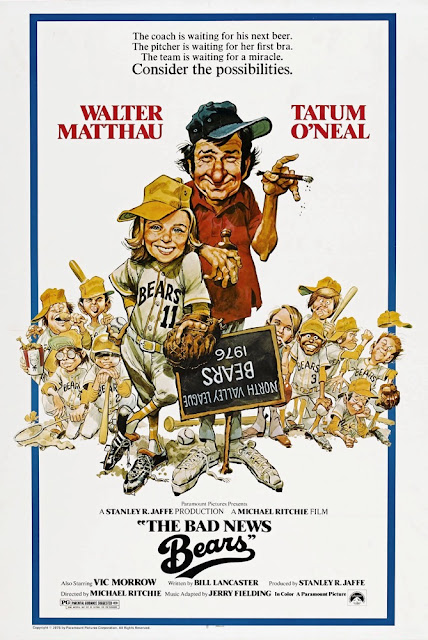“Our lives are more and more determined by forces that overwhelm the individual,” remarks Senatorial candidate Bill McKay (Robert Redford) at one point in The Candidate. The same can be said of McKay’s life, because over the course of this remarkable movie, the idealistic young activist gets swallowed by the machine that sells politicians to the American public. And keep in mind this sobering film was made two decades before the emergence of the Internet as a key factor in campaigns, so the realities to which it speaks have only become more troubling in the ensuing years. The wild part, of course, is that The Candidate isn’t a pure drama—it’s got a strong thread of comedy, because the filmmakers zeroed in on the absurdity of modern American politics. This is mainstream cinema of the highest order, blending lively entertainment and important themes into a unique viewing experience.
The Candidate was written by Jeremy Larner, a speechwriter for Eugene McCarthy’s 1968 presidential campaign and, incidentally, the author of the book and screenplay for the eccentric 1971 drama Drive, He Said. Larner netted a Best Original Screenplay Oscar for The Candidate—although, inexplicably, he’s never written another movie—and his work meshes beautifully with that of his two plugged-in collaborators, director Michael Ritchie and star Robert Redford. Together, the team present the fictional McKay as a keeper of the Kennedy flame, an unapologetic liberal concerned with the troubles of minorities and the underclass. He’s blessed and cursed with unique political gifts, not only because he’s articulate and handsome but also because he’s the son of a legendary Senator, John J. McKay (Melvyn Douglas).
When the story begins, Bill is happily involved with community activism and legal aid for the poor. He’s approached by ambitious campaign manger Marvin Lucas (Peter Boyle), who envisions Bill as an ideal opponent for slick Republican incumbent Crocker Jarmon (Don Porter). Naïvely (or cunningly) accepting Marvin’s line that a Senatorial campaign can be used to air Bill’s favorite issues, Bill agrees to run, although he’s told there’s little chance of actually winning. Then, as the campaign gains momentum, Bill’s idealism suffers the death of a thousand cuts when he makes compromises and softens his rhetoric into noncommittal generalities. The magnificent tension of the story arises from the question of whether Bill genuinely regrets the changes he’s making. As he succumbs to power and temptation, does Bill retain his inherent goodness, or does he willingly accede to “forces that overwhelm the individual”?
Director Ritchie, who previously collaborated with Redford on Downhill Racer (1969), delivers some of his career-best work here, orchestrating complex scenes that simultaneously explore multiple dynamics, and his use of montage to simulate the excitement and pageantry of political events is impressive. The filmmakers also benefit from outstanding performances across the board. Yet it’s the subtlety of The Candidate that impresses the most, from the way Larner’s script evokes the fraught relationships between Bill and the people in his life to the way Redford communicates tiny nuances as they pass through his character’s mind.
The Candidate runs a bit long at 110 minutes, and the picture could have benefited from a few more jokes to arrive at a more consistent tone. The movie is also, to be frank, a bit on the clinical side. However, these quibbles are insignificant in the face of how many things this truly great movie gets right. The Candidate is without question among the handful of truly essential films ever made about American politics, and it’s a career milestone for everyone involved.
The Candidate: RIGHT ON

